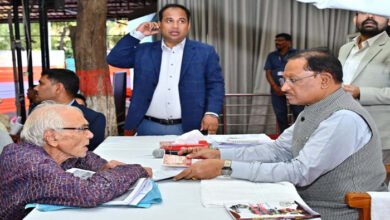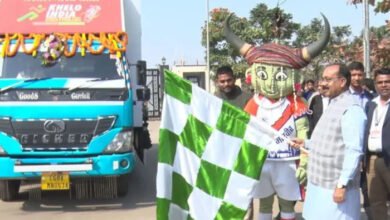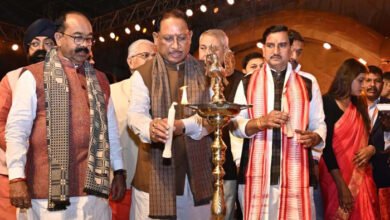Ratan Tata is Not just An Industrialist, He is also A Nobel Man, Know his Life Journey

Ratan Tata : Ratan Naval Tata is an Indian industrialist and former chairman of Tata Sons. He was also the chairman of the Tata Group from 1990 to 2012, serving as interim chairman from October 2016 to February 2017. He remained the head of its charitable trusts. In 2008, he received the Padma Vibhushan, the second highest civilian honor in India, after receiving the Padma Bhushan, the third highest civilian honor in 2000.
Read More : RBI Increased Repo Rate for Fifth time This Year, Know How much effect on EMI
Studies of Ratan Tata
Ratan Naval was born on 28 December 1937, in Mumbai, British India. He is the son of Naval Tata, the adopted grandson of Tata Group founder Jamsetji Tata. Ratan Tata’s schooling took place in Mumbai only. He holds a BS in Architecture from Cornell University and an Advanced Management Program from Harvard Business School.
Early Career
Tata started his career in 1962 with the Tata Group. Ratan Tata became the fifth chairman of the Tata Group in 1991, succeeding JRD Tata. He acquired companies like Tetley, Jaguar, Land Rover and Corus in the Tata group. Ratan Tata made the common man’s dream come true by making a car like Tata Nano available in just 1 lakh. They also brought a car like Indica in the market.
Ratan Tata Awards and Honors
Ratan Tata was awarded the Padma Bhushan on 26 January 2000 at India’s 50th Republic Day celebrations. He was then awarded the Padma Vibhushan, India’s second highest civilian decoration, on 26 January 2008. He was one of the recipients of the NASSCOM Global Leadership Award 2008. This award was given to him on 14 February 2008 at a function in Mumbai. He received the Carnegie Medal of Philanthropy on behalf of the Tata family in 2007.
Read More : Jio Fiber is Now Offering Access to 14 OTT Apps, Know all Plan details and speed
Ratan Tata’s Four Stages of Success
After taking charge of Tata Sons, His spent the initial years establishing authority over JRD’s satraps. JRD promoted the decentralized structure in the group. After this, Ratan Tata started making his companies more efficient. The third stage of his corporate life was that of globalization. As on date, around 58% of Tata Group’s revenue comes from global operations. The fourth stage was of innovation. It is Ratan Tata’s legacy that the second, third and fourth stages are continuing even today. The story of Tata Group and Ratan is one of growth and competition, of productivity and efficiency, of globalization and innovation.



